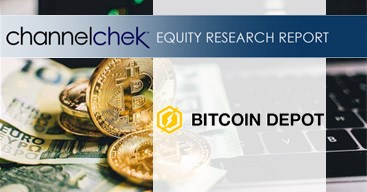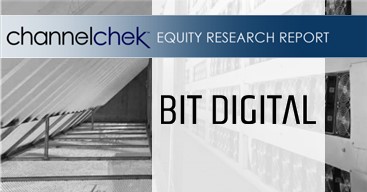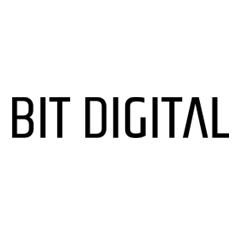
Tuesday, February 24, 2026
Patrick McCann, CFA, Research Analyst, Noble Capital Markets, Inc.
Michael Kupinski, Director of Research, Equity Research Analyst, Digital, Media & Technology , Noble Capital Markets, Inc.
Refer to the full report for the price target, fundamental analysis, and rating.
BTM 1-for-7 reverse stock split. On February 23, 2026, the company’s Class A common stock began trading on a split-adjusted basis on Nasdaq. The action had been previously authorized by shareholders and approved by the Board and did not reflect any change in operating performance or strategy.
No alteration to economic ownership or fundamentals. Every seven shares outstanding were consolidated into one share, with fractional shares cashed out based on the pre-split VWAP. Authorized shares and par value remained unchanged, while public warrants, equity awards, and other convertible securities were adjusted proportionally, including a mechanical increase in the BTMWW warrant exercise price.
Get the Full Report
Equity Research is available at no cost to Registered users of Channelchek. Not a Member? Click ‘Join’ to join the Channelchek Community. There is no cost to register, and we never collect credit card information.
This Company Sponsored Research is provided by Noble Capital Markets, Inc., a FINRA and S.E.C. registered broker-dealer (B/D).
*Analyst certification and important disclosures included in the full report. NOTE: investment decisions should not be based upon the content of this research summary. Proper due diligence is required before making any investment decision.








